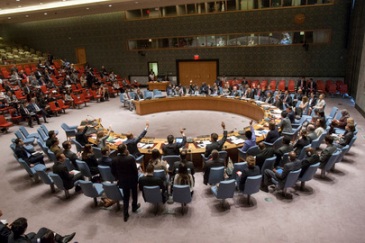JEM denies UNSC “false” allegations of use of child soldiers
February 20, 2017 (KHARTOUM) – The Sudanese Justice and Equality Movement (JEM) Monday has denied the use of child soldiers and called on the United Nations Security Council (UNSC) to acknowledge the inclusion of a “false” provision on this matter in its recent resolution renewing the mandate of Darfur experts.

The resolution 2340 (2017), among others, welcomed the signing by the Sudanese government of an action plan to prevent the recruitment and use of child soldiers, and urged JEM rebels to ” to refrain from the recruitment and use of children in violation of applicable international law”.
“JEM was surprised at this provision for a number of reasons, most notably because JEM has had a long-standing commitment prohibiting the recruitment and use of child soldiers,” wrote JEM leader Gibril Ibrahim, in a letter seen by Sudan Tribune addressed to the UNSC on Monday 20 February.
Ibrahim further pointed to a Command Order he renewed on 25 January, on the protection of children and prohibition of the use of child soldiers, underlining that the hybrid mission in Darfur, UNAMID, issued on the first of February 2017, a statement commending JEM commitment in this respect.
In September 2012, JEM leader directed to prohibit recruitment and use of child soldiers. The order was issued after an agreement with the United Nations/UNAMID in Austria in July 2012.
JEM requested the Security Council to “issue a statement noting that the information provided in this resolution was incorrect and unsubstantiated”.
The rebel group further “again invite the Panel of Experts to visit our military sites and meet with our troops, so that they may understand JEM’s commitment to ensuring there are no child soldiers in its ranks”.
The letter included references to a number of agreements on the use of child soldiers JEM has signed with UN agencies and international groups since 2010.
(ST)
